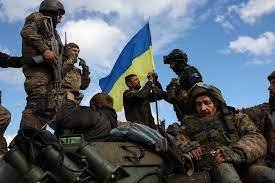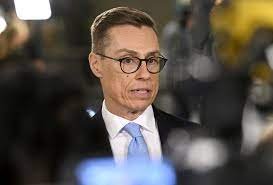Finland voted on Sunday, January 28th to elect a new president. This role has become more crucial because of tense situations with Russia since they invaded Ukraine.
Finland and Russia’s relationship got worse after Russia’s invasion in 2022. As a result, Finland joined NATO in April 2023.
The role of the President in Finland
In Finland, the President holds key responsibilities in managing foreign and security policies and serves as the country’s representative at NATO meetings.
Additionally, the Finland President serves as the commander-in-chief of the Finnish Defense Forces, making crucial decisions regarding military readiness.
The President is also responsible for appointing and dismissing ministers, certain high-ranking civil servants, and Supreme Court judges. Upon the prime minister’s request and if deemed necessary, the President has the authority to call for an early parliamentary election.
The main contenders in the election
Before the main vote on Sunday, 1.8 million people, constituting 44% of eligible voters, had already made their choice. The two primary contenders were Alexander Stubb, a former Prime Minister of Finland from the far-right National Coalition Party, and the green politician Pekka Haavisto, along with Jussi Halla-aho from the right-wing Finns Party.
Russia-Ukraine crisis has deep impact on Finland’s election
The main factor in this election is Russia, and the primary issue being contested is the presence of thousands of migrants reportedly still amassed on the Russian side of the border, awaiting the opportunity to cross into Finland, presumably without visas. The Finnish-Russian relationship, which was crucial for both sides for decades, has now essentially crumbled.
Finland, presumably without visas. The Finnish-Russian relationship, which was crucial for both sides for decades, has now essentially crumbled.
Sauli Ninistö was elected to lead Finland in 2012. As the Finnish president is responsible for the nation’s foreign policy, Ninistö earned the nickname ‘the Putin whisperer’ for his ability to communicate with his Kremlin counterpart. However, after Russia initiated a war on Ukraine, Ninistö swiftly guided his country into NATO—a move once deemed unimaginable—and became a critic of Putin.











